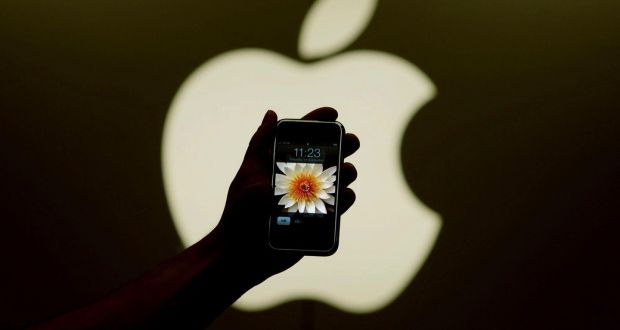 2186
2186
 2017-01-19
2017-01-19
It’s the equivalent of Ireland’s entire capital gains, capital acquisitions and customs revenues for last year – the interest bill alone that Apple may have to pay on its €13 billion back-taxes the European Commission has ordered the iPhone maker to pay to the Government.
Analysts at Bloomberg Industries, the research arm of the global news and financial data provider, estimate that Apple would have to pay €1.5 billion in interest in a worst-case scenario.
That, of course, is premised on whether the €13 billion figure still stands as Revenue Commissioner officials try to align the EU’s logic when it came up with the sum with Irish tax laws. It’s an onerous exercise and may yet take some weeks to complete, Cantillon hears.

An initial deadline for collecting the taxes and interest, set for January 3rd has come and gone, but the State has committed to collecting the money and holding it in escrow while it and Apple appeal the EU decision, set out last August. The whole process could take up to six years as it winds its way initially through the General Court in Luxembourg and ends up, almost inevitably, before the Court of Justice of the European Union, the EU’s supreme court.
Still, some €1.5 billion of interest costs may come as some relief for Apple’s chief executive Tim Cook, whose executives poo-pooed initial calculations by some accountants in Dublin in August that it may be as high as €6 billion.
But whatever way you look at it, the amount is just a drop in the ocean for Apple, whose cash hoard grew to a record $237.6 billion (€222.1 billion) at the end of its financial year in September, even if less than €21 billion of that is comprised of actual cash. The remainder is comprised of investments in corporate bonds, US and other government debt as well as mortgage – and other asset-backed securities – all fairly liquid, if Apple needed the money.
Source: irishtimes